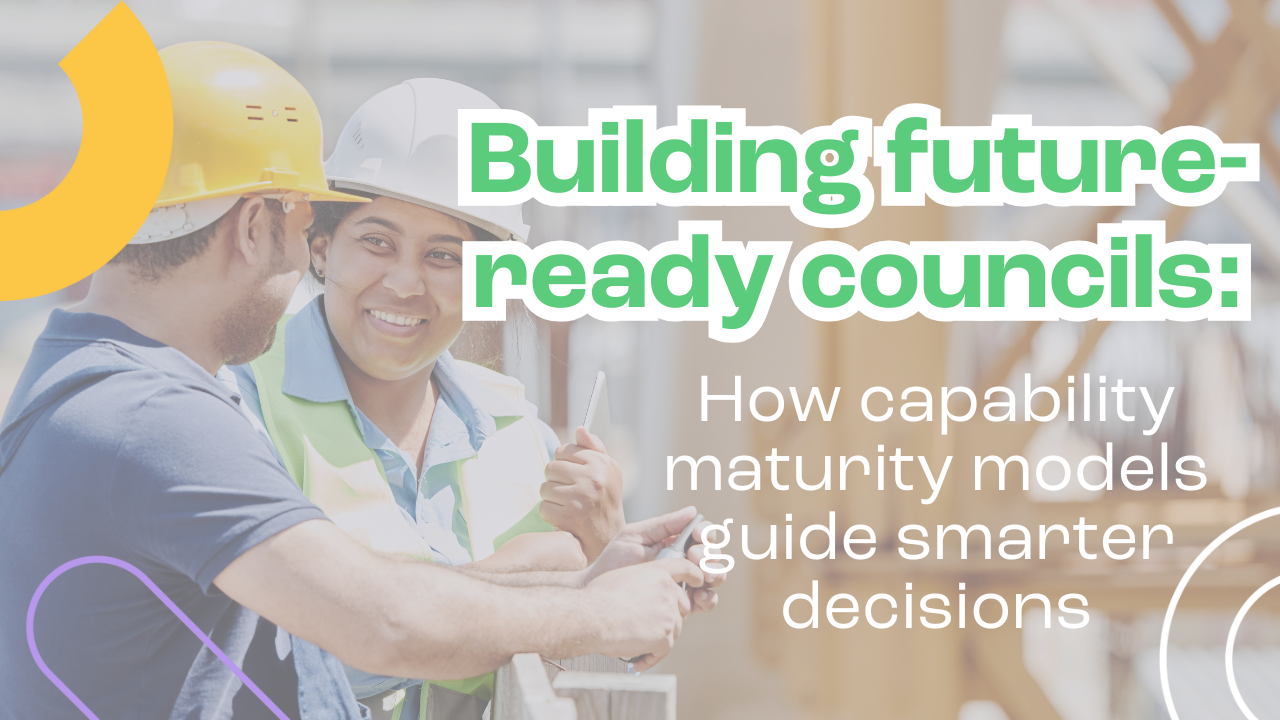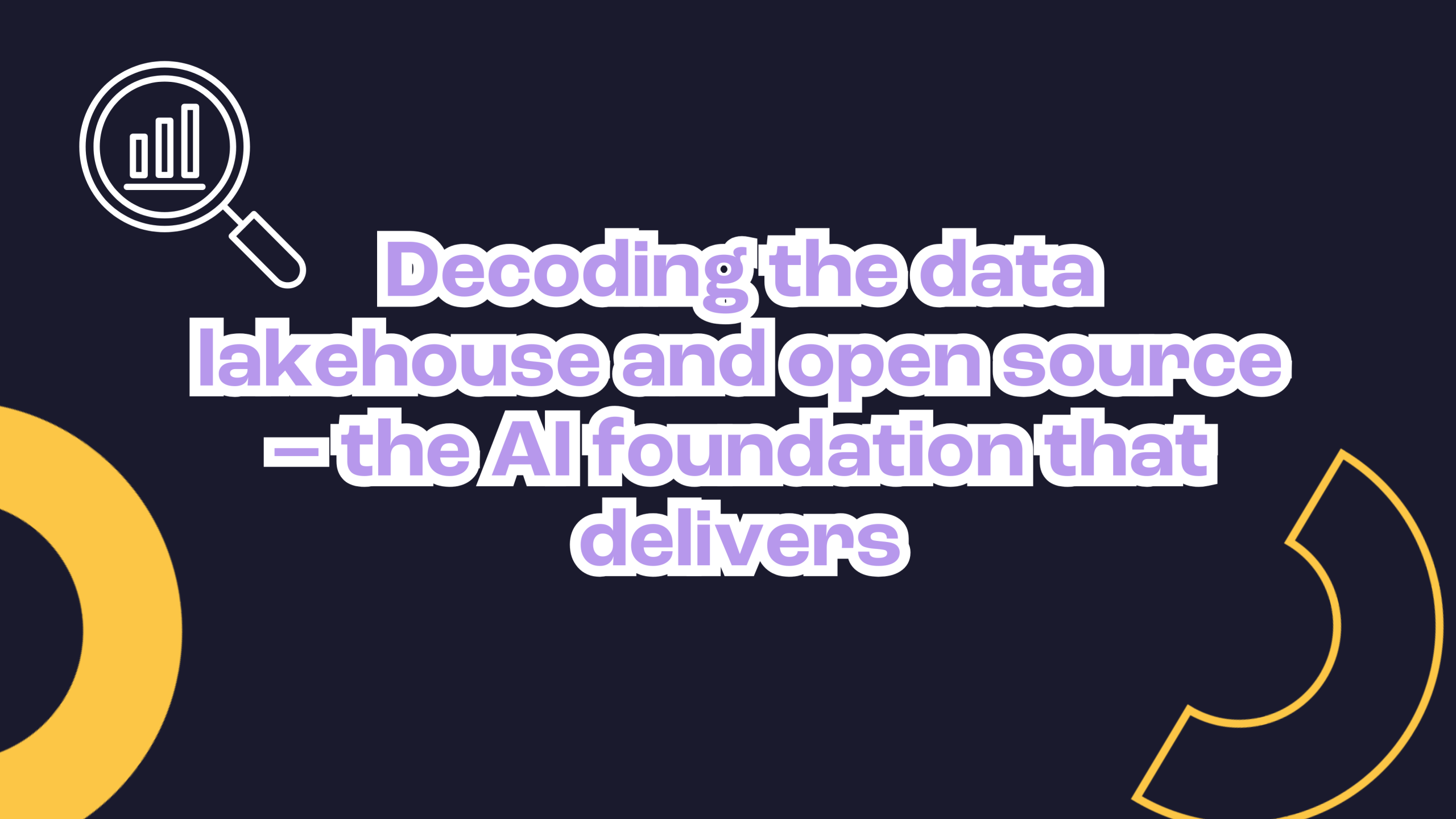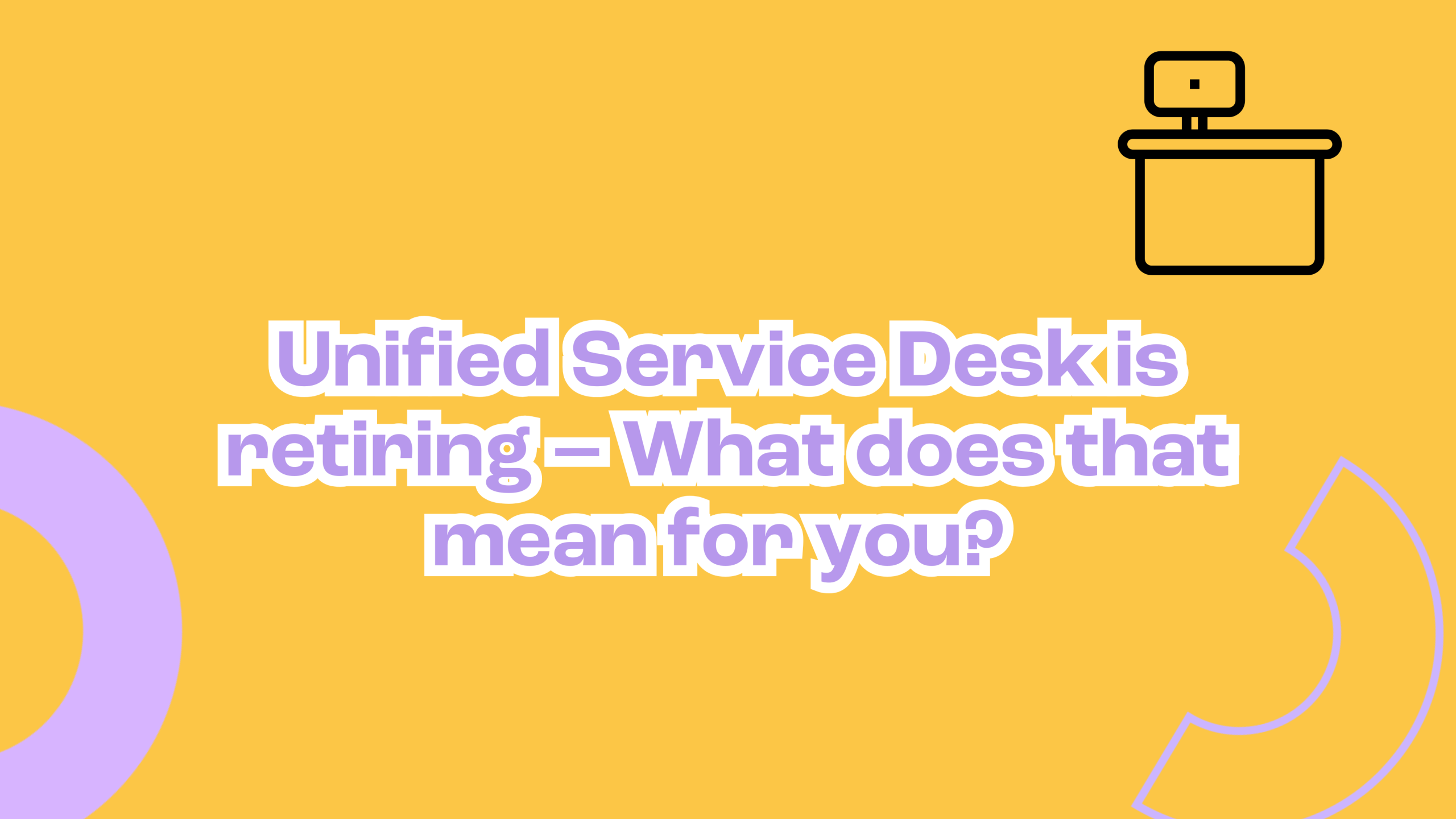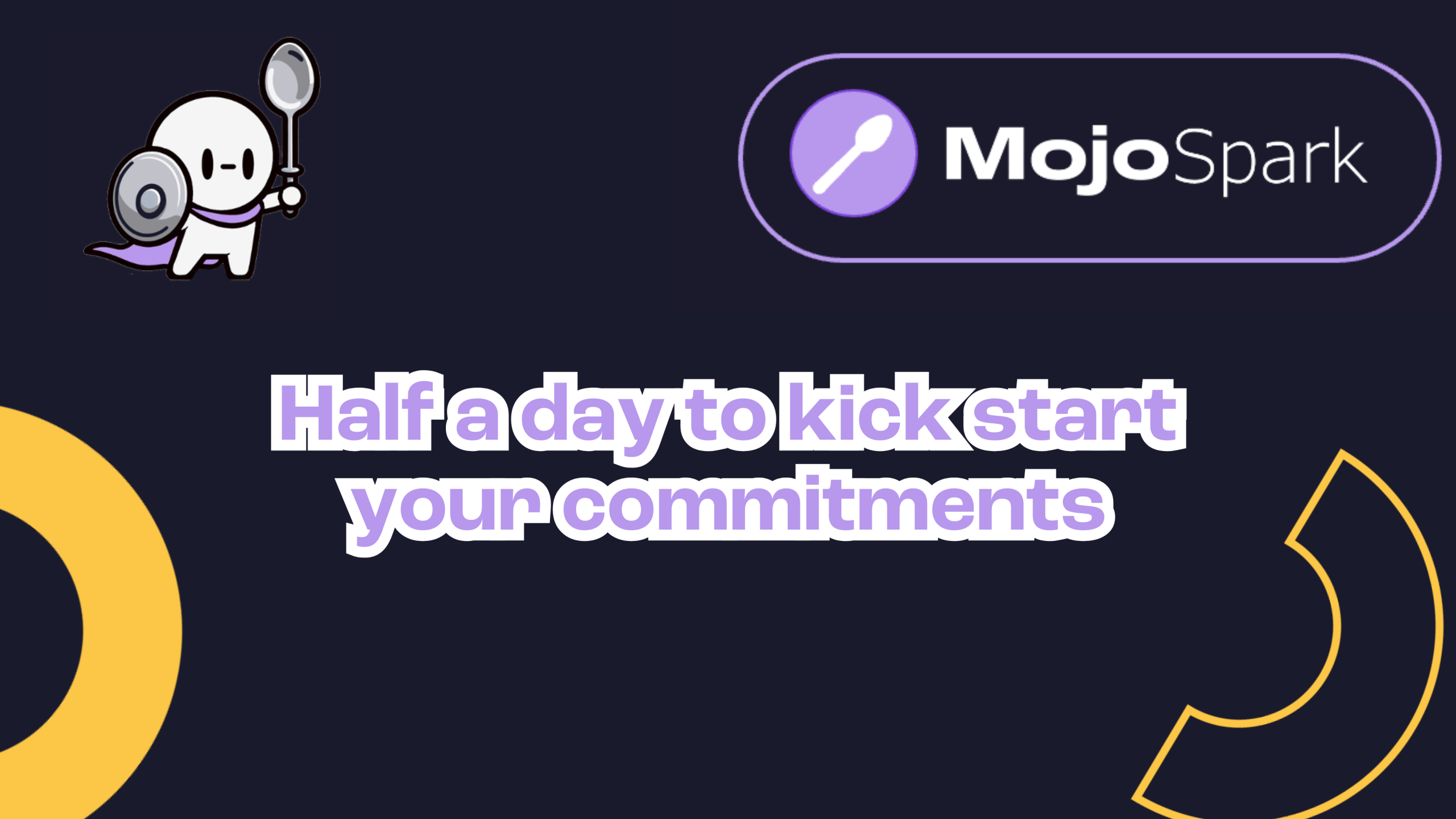You’ve got a vision. You’ve got initiatives in motion. But how do you know if your systems are ready to support the future you’re planning for?
That’s the question more and more local governments are asking. Especially those on an ambitious digital transformation journey.
It’s also where capability maturity models quietly step in as the unsung hero of smart strategy.
What’s a capability maturity model, anyway?
Let’s break it down without the jargon.
A capability maturity model is a way of assessing how ready or capable a system, process, or team is to do what it’s supposed to do. Not just today, but tomorrow as well. Think of it like grading the infrastructure behind the scenes, from patchy and manual to streamlined and scalable.
At Mojo Soup, we use a flexible version of this model that helps public sector organisations map out where they are now, where they want to be, and the realistic steps to get there.
It’s not about chasing perfection. It’s about identifying the right next move for your council’s unique context.
Why councils are embracing this model
Councils don’t operate like startups or corporates. They serve diverse communities, balance strict regulatory requirements, and often juggle legacy systems built up over years (sometimes decades!). A one-size-fits-all strategy just doesn’t cut it.
Capability maturity models work because they provide:
- Clarity – on what’s working, what’s missing, and what’s just barely holding on
- Focus – so you’re not overwhelmed by tech buzzwords or shiny distractions
- Credibility – helping you build the case for investment with evidence, not just enthusiasm
In a recent council engagement, we recommended introducing this model as part of a Mojo Design Sprint. It’s designed to become a powerful tool for evaluating not just the tech stack, but how each system supports broader customer experience goals — ensuring councils can prioritise their next steps with greater confidence.
The Mojo Design Sprint: co-design in action
Our Mojo Design Sprint is a structured series of workshops designed to rapidly assess, align and design future-ready solutions – together.
Rather than handing over a report, we work side by side with teams across business and IT to:
- Capture real needs and constraints
- Map the current and future state
- Prioritise what matters most
- Co-design practical, scalable recommendations
In these sprints, we often use the capability maturity model to create a shared language. It helps surface hidden pain points, bring clarity to system dependencies, and support decisions based on value, not just urgency.
It also gives project sponsors the confidence to move forward, knowing the roadmap reflects what’s actually happening on the ground.
Want to make better decisions? Start with better questions.
Here’s a quick thought experiment.
- Do you know which of your systems are genuinely supporting your council’s strategic goals?
- Can you measure how each platform contributes to citizen experience or internal efficiency?
- If funding came through for a new digital initiative, would you know where to focus first?
If those questions feel hard to answer, a capability maturity model – delivered through a structured, collaborative approach like the Mojo Design Sprint – could be your secret weapon.
Not just theory. Real-world results.
Councils can use this model to confidently decide whether to modernise a system or replace it, to build business cases that actually win support, and to create roadmaps that don’t just sit on a shelf – they get actioned.
Because when your systems are ready, your people can focus on what really matters – delivering value to the community.




